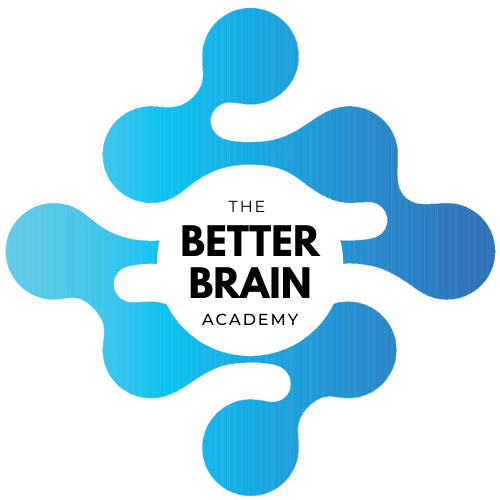Using Gratitude to Change Your Brain
By The Better Brain Academy

The word gratitude is used often in mainstream media, but most people don’t really understand what it means and how it can benefit your life in the long run. Evidence suggests that the practice of gratitude can help you feel happier, improve brain health, and help with issues related to depression and anxiety.
How gratitude actually works on our minds and bodies is not definitive as more research needs to be conducted, especially on subjects who are not well functioning. According to UCLA’s Mindfulness Awareness Research Center, there are some psychological benefits worth incorporating into your daily life. By regularly expressing gratitude, it will change the molecular structure of the brain, and keep the gray matter functioning, which makes us healthier and happier.
Researchers at the National Institute of Health (NIH) found that subjects who showed more gratitude overall had higher levels of activity in the hypothalamus. This is important because the hypothalamus controls a huge array of essential bodily functions, including eating, drinking, and sleeping. It also influences your metabolism and stress level.
This evidence suggests that gratitude has wide-ranging effects from increased exercise and improved sleep to decreased depression.
Feelings of gratitude directly activate the brain regions associated with the neurotransmitter dopamine. Dopamine feels good to get and is generally considered the ‘reward’ neurotransmitter and is important in initiating action. Simply put, increases in dopamine make you more likely to do the thing you just did. The brain is saying, “oh, let’s do that again.” Your brain likes to fall for the confirmation bias, and it looks for things that prove what it already believes.
Once you start seeing things to be grateful for, your brain starts looking for things to be grateful for, creating a virtuous cycle.
Ways to Practice Gratitude:
Keep a gratitude journal (you can check out the one I wrote at: headwaysgroup.com/shop)
Tell a friend, employee, or family member something you appreciate about them
Look at yourself in the mirror and think of something you like about yourself
Write a thank-you note
Sit in a quiet place and think about something that went well. Practice that feeling every day for a week. Take note of how it makes you feel
Next time something bad happens, consider five good things that happened as a result.
Remember, like anything else, gratitude takes practice and if you want to reap the benefits, you need to practice daily until it becomes routine and second nature. Try to think of one thing every day that you are grateful for, no matter how small it is. I know that I am grateful that you read this article all the way to the end!
